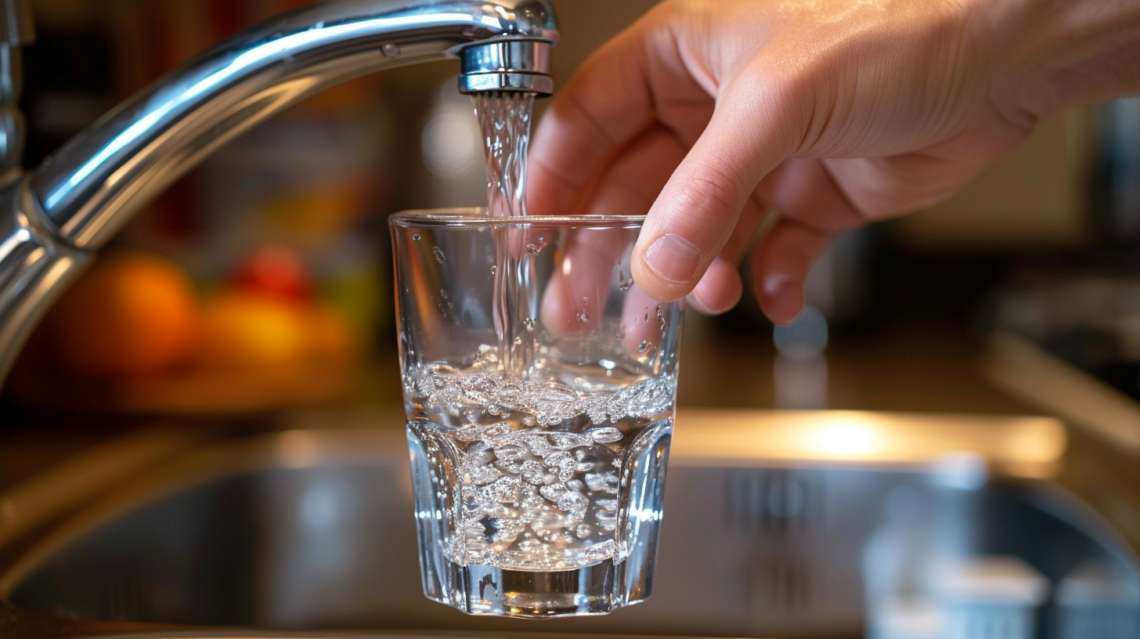
Dehydration Headaches
As a physician, I often encounter patients who suffer from headaches that they can’t quite pinpoint the cause of. Surprisingly, a common yet often overlooked culprit is dehydration. To help demystify this, let’s delve into what dehydration headaches are, why they occur, and how they are intricately linked to dehydration.
The Underlying Mechanism of Dehydration Headaches
At its core, dehydration occurs when your body loses more fluids than it takes in. The human body, an intricate system, relies on water for various essential functions, including maintaining blood volume, regulating body temperature, and facilitating cellular processes. When the body’s water content diminishes, a state of dehydration ensues. This imbalance affects the brain in particular ways that can lead to a headache.
The brain, encased in the skull, is cushioned by cerebrospinal fluid, which acts as a protective buffer. In a well-hydrated state, this fluid effectively shields the brain from lightly bumping against the skull. However, when dehydration sets in, the brain can temporarily contract or shrink due to fluid loss. This contraction creates tension, pulling the brain away from the skull, and can lead to a dehydration headache. Once rehydration occurs, the brain returns to its normal state, relieving the headache.
Recognizing the Symptoms of a Dehydration Headache
Dehydration headaches can manifest differently from person to person but typically share common characteristics. Patients often describe them as a dull, aching pain that envelops the entire head. Some might experience it as an intense pulsating sensation similar to a migraine. These headaches might worsen with head movement, making daily activities uncomfortable.
Factors Contributing to Dehydration Headaches
Various factors can contribute to dehydration and, subsequently, dehydration headaches. Common causes include not drinking enough water, especially in hot weather or during exercise. Excessive sweating, urination (often due to diuretic medications or alcohol consumption), vomiting, or diarrhea can also lead to dehydration. It’s noteworthy that everyone’s hydration needs are different, influenced by factors such as age, weight, and overall health.
The Link Between Dehydration and Headaches
The link between dehydration and headaches is not merely about physical changes like brain contraction. Dehydration can also lead to alterations in blood volume and pressure. As the body tries to maintain adequate blood flow to vital organs, blood vessels in the brain can respond by dilating or constricting, potentially triggering headache pain.
Moreover, dehydration can affect the balance of electrolytes – minerals like sodium and potassium that are vital for nerve function. An imbalance in these electrolytes can contribute to headache symptoms, as nerve signals in the brain become altered.
Preventing and Treating Dehydration Headaches
Prevention, as with many health-related issues, is paramount. Staying well-hydrated is key. I advise my patients to regularly consume fluids throughout the day, not just when they feel thirsty. The quantity depends on individual needs, but a general guideline is to drink about 2 litres of water daily, with additional intake if you’re active, in a hot climate, or unwell.
When a dehydration headache strikes, the primary treatment is to rehydrate. This doesn’t mean guzzling a large amount of water in one go; rather, slowly and steadily drinking water or oral rehydration solutions. Over-the-counter pain relievers can be used in conjunction, but it’s important to address the underlying dehydration.
Dehydration headaches are a significant health concern that underscores the importance of adequate hydration. As seemingly mundane as drinking water may seem, it’s a crucial aspect of maintaining overall health and preventing the discomfort of dehydration headaches. By understanding the signs, symptoms, and preventative measures, individuals can take proactive steps to maintain hydration and overall well-being. Remember, water is not just a thirst quencher; it’s a vital component of our health toolkit.

